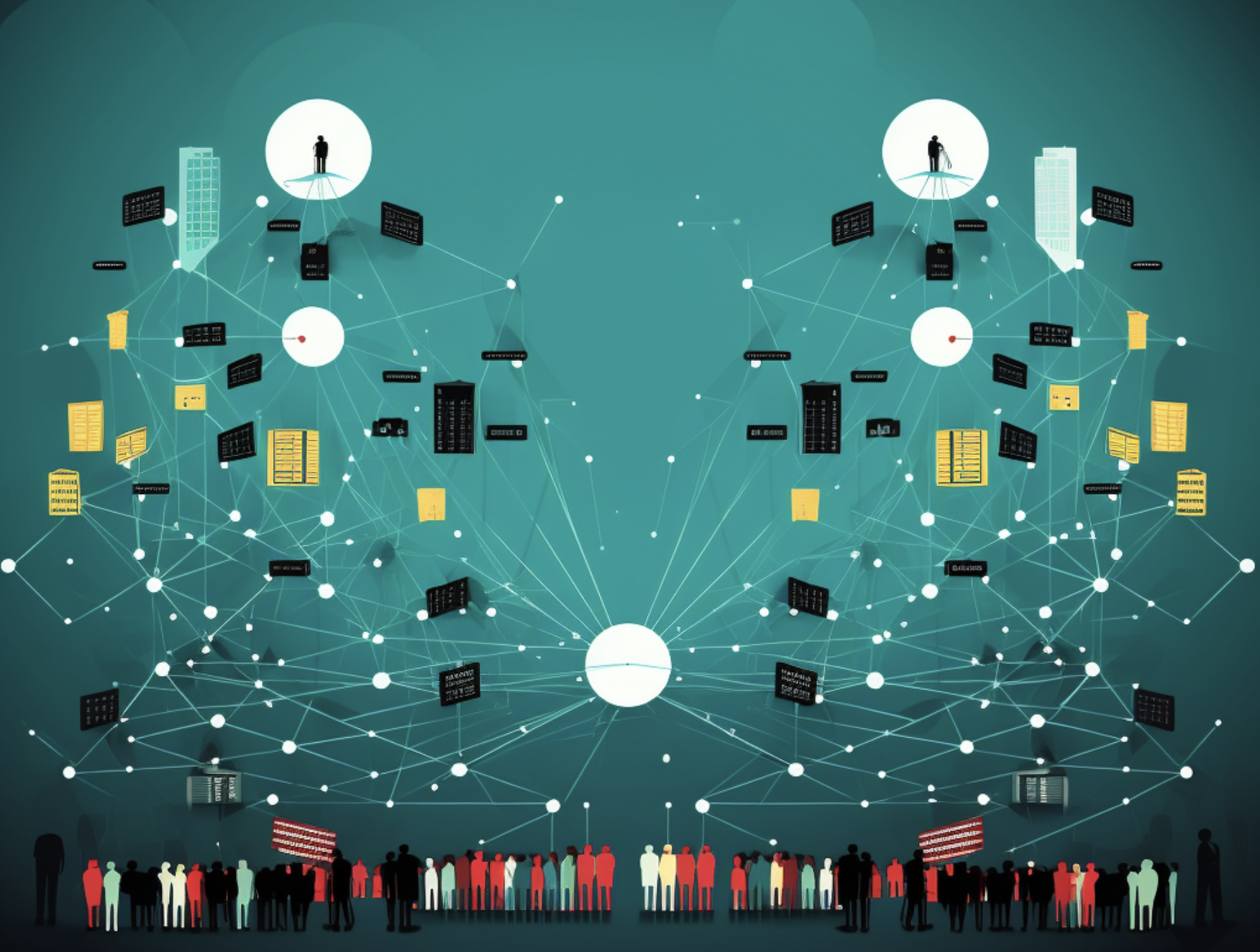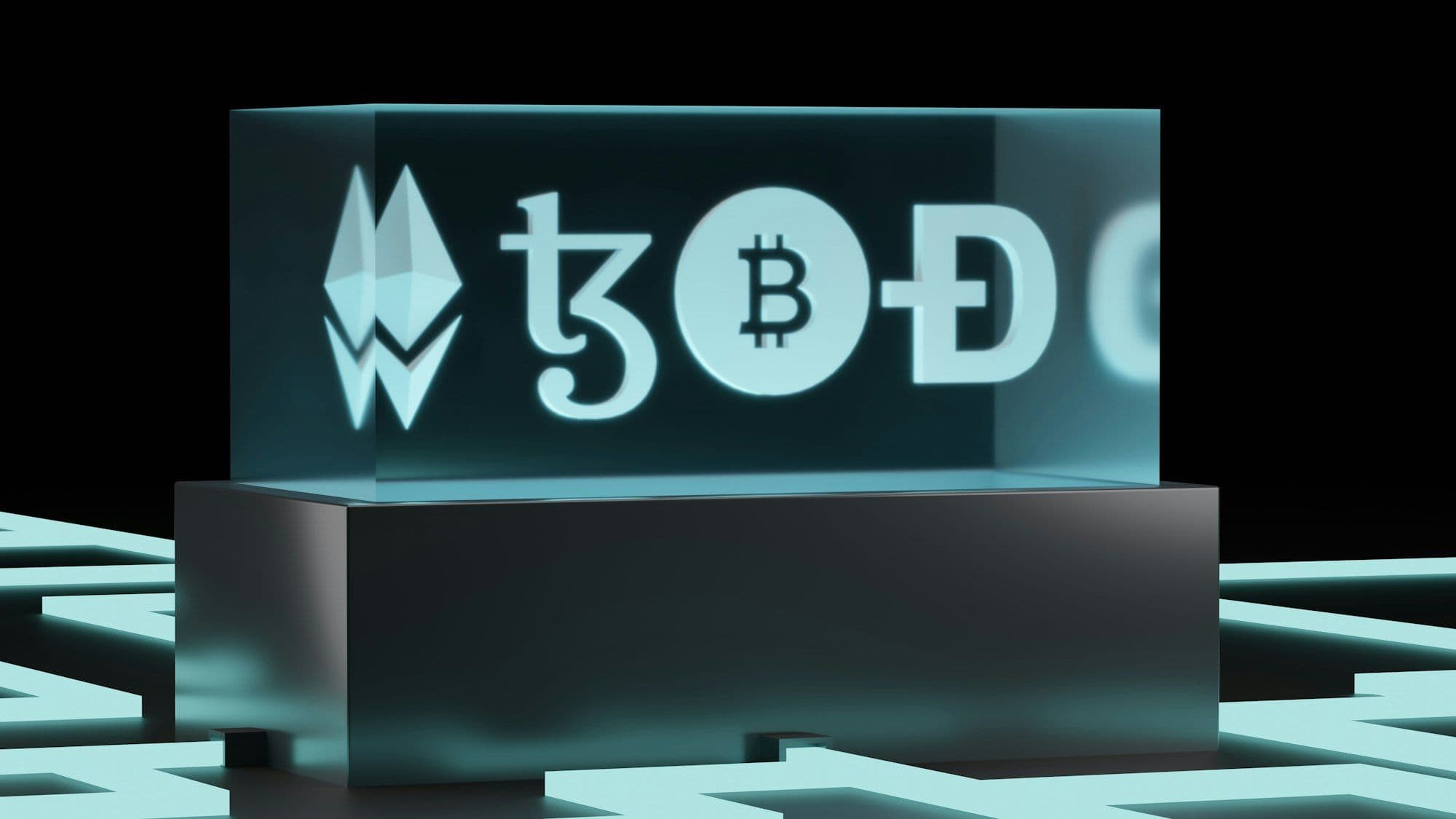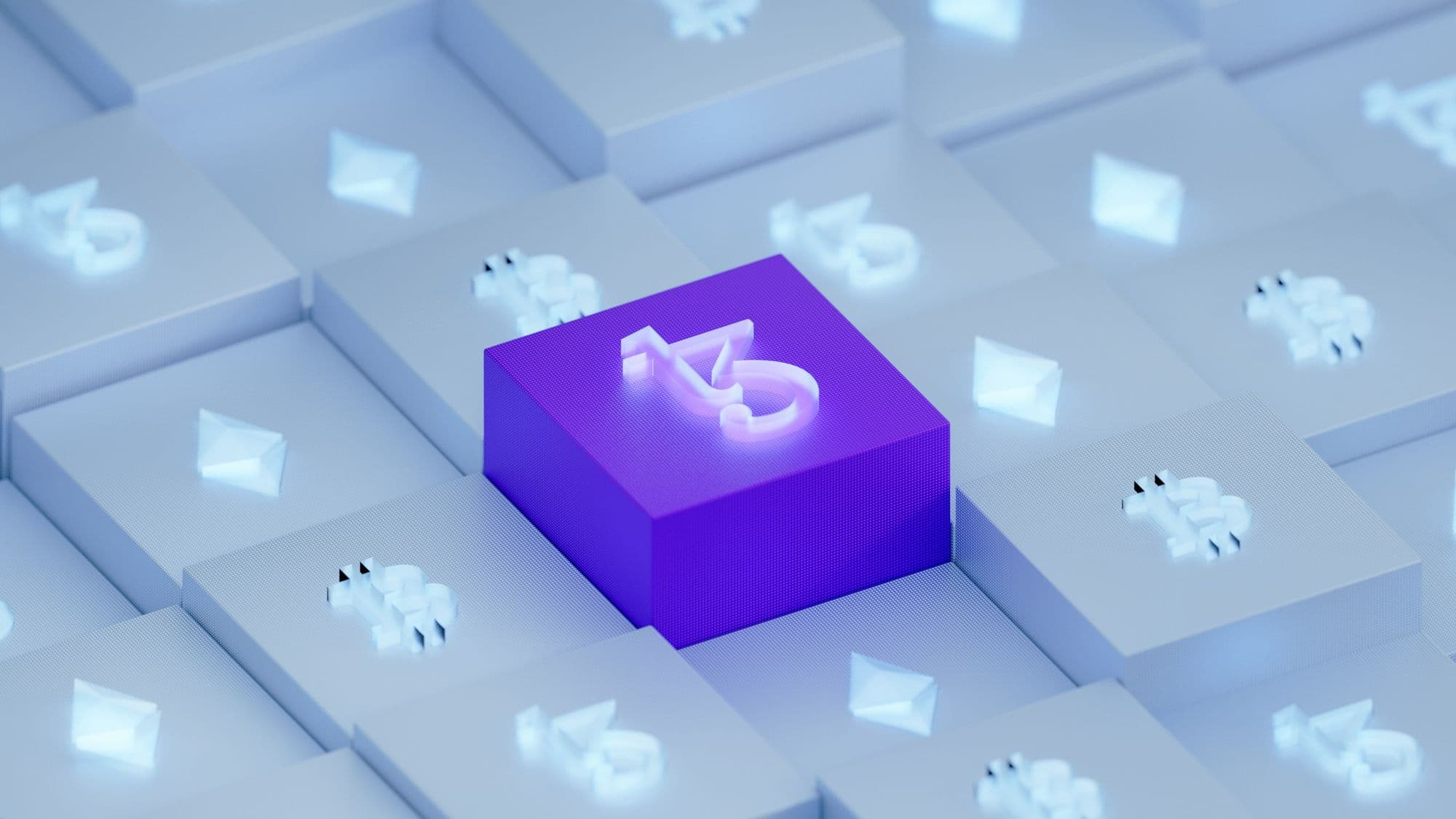
Decentralized Autonomous Organizations (DAOs) have emerged as a revolutionary force within the blockchain and crypto landscape. These digital-native collectives operate through shared rules encoded on a blockchain, enabling collaboration, decision-making, and value creation in a decentralized manner. DAOs have disrupted industries ranging from finance to philanthropy, and their potential continues to expand. In this article, we'll delve into the concept of DAOs and explore their various types and use cases.
Understanding DAOs: A Brief Overview
DAOs represent a new paradigm in organizational structure. By utilizing blockchain technology and smart contracts, DAOs enable participants to collaborate, vote on proposals, and collectively make decisions without relying on a centralized authority. The concept of DAOs gained significant attention with the emergence of "The DAO," the first-ever DAO, which aimed to function as a decentralized venture capital fund. Though it faced challenges and setbacks, it laid the foundation for future DAO innovations.
Types of DAOs and Their Goals
DAOs come in various forms, each catering to specific goals and objectives. Let's explore the eight most important types of DAOs:
1. Protocol DAOs:Protocol DAOs govern decentralized protocols, such as lending platforms and decentralized exchanges. Examples include MakerDAO, which manages the Maker Protocol, and Uniswap, which involves the community in decisions related to its development and operations.
2. Grant DAOs: Grant DAOs facilitate nonprofit donations and deploy capital throughout the web3 ecosystem. They support projects that align with their mission. Notable examples include Aave Grants DAO, which funds developments related to Aave Protocol, and MetaCartel, which supports early-stage dApps.
3. Philanthropy DAOs: Philanthropy DAOs focus on creating a positive impact by organizing around social responsibility. Big Green DAO supports food justice initiatives, while UkraineDAO raised funds for the Ukrainian Army in a short period, showcasing the rapid impact of DAOs.
4. Social DAOs: Social DAOs bring together like-minded individuals, such as creators and builders, to form self-organizing communities. They often require specific criteria for participation, like owning tokens or NFTs. Examples include Developer DAO and Friends With Benefits.
5. Collector DAOs: Collector DAOs pool funds to invest in valuable NFT art and collectibles. These DAOs offer members fractional ownership of art pieces, enabling broader access to high-value items. FlamingoDAO and ConstitutionDAO are prominent examples.
6. Investment and Venture DAOs: Venture DAOs pool capital to invest in early-stage web3 startups and protocols. They offer members access to a diversified portfolio of investments. Examples include Krause House DAO, MetaCartel Ventures, and BessemerDAO.
7. Media DAOs: Media DAOs revolutionize traditional media by creating content driven by the community. They enable contributors to earn a share of the organization's profit. BanklessDAO and Decrypt are notable examples.
8. SubDAOs: SubDAOs are subsets of larger DAOs, organized to manage specific functions such as operations, marketing, and treasury management. Balancer Protocol implemented subDAOs to enhance efficiency in decision-making.
The Future of DAOs
As the web3 ecosystem evolves and blockchain technology continues to advance, the potential applications of DAOs are limitless. DAOs offer a decentralized way to collaborate, make decisions, and drive value creation across various domains. They provide an alternative to traditional centralized structures, fostering transparency, inclusivity, and innovation.
Whether you're an entrepreneur, artist, investor, or community member, understanding the diverse types of DAOs and their use cases can help you navigate the evolving landscape of blockchain-powered organizations. DAOs are more than just a trend; they represent a fundamental shift in how we organize, collaborate, and create value in the digital age.



